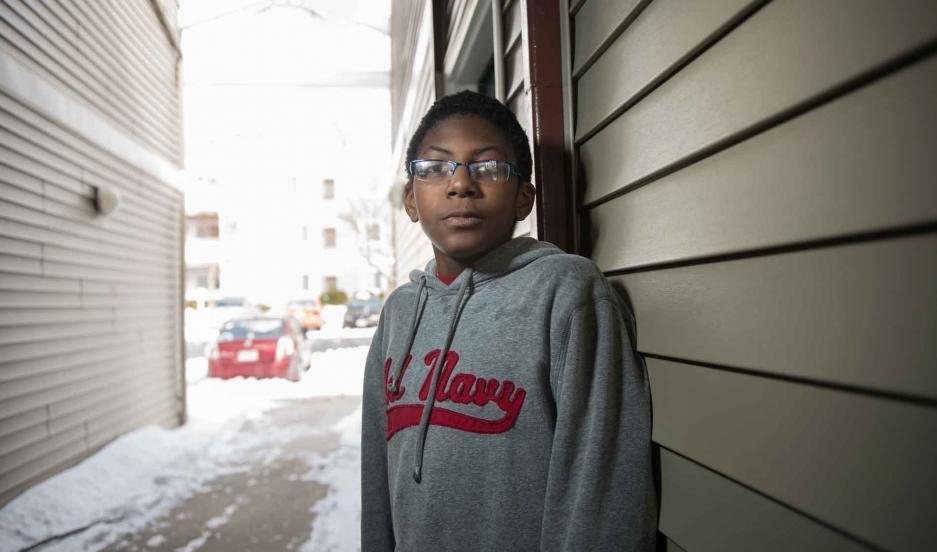Ryan told lawmakers that only one in four youth in juvenile prisons and other out-of-home confinement had committed any of the crimes considered the most serious and violent, such as aggravated assault, robbery, rape or homicide.
“The abuse of youth in these facilities,” Ryan added, “is well documented in news reports, lawsuits, studies and from incarcerated youth themselves.”
Treatment in isolation, with family ties severed, is often ineffective, Ryan added, and kids in jails are exposed to serious criminal behavior and end up committing more offenses later in life. Research shows that black and Latino kids are arrested and prosecuted in greater proportion than white peers accused of similar offenses, and are diverted from jail less often than white kids.
Lawmakers asked at what point during criminal-justice procedures — during arrests or in court — did evidence of bias appear to be strongest. “There are disparities in every step of the process,” Ryan replied.
“Simply put,” she said, “we have two justice systems: One for white people with means, and another for people of color who do not.”
This year, the Center for Public Integrity analyzed national education data showing that black, Latino and special needs students across the country are disproportionately referred to law enforcement agencies from their schools, mostly for minor infractions.
Additional data obtained from a sampling of local police departments in Virginia — which led other states in referrals—showed that black students are disproportionately arrested at school and sent to court mostly for allegations of disorderly conduct and simple assault, including middle-school fights.
Last fall, as the Center investigation recounted, Kayleb Moon-Robinson, a sixth grader diagnosed as autistic, was charged with disorderly conduct for kicking a trash can at his Lynchburg, Va., middle school. He was later arrested and charged again for felony assault on a police officer after he struggled to break free from the officer; the officer had grabbed Kayleb after the 11-year-old walked out of class without permission and was wandering the hall.
Virginia governor Terry McAuliffe, a Democrat, has asked members of his cabinet to investigate referrals of students to law enforcement at schools in his state and examine possible reforms to cut the numbers.
In 2014, another Center investigation revealed that accused Tennessee truants had been shackled and jailed after appearing in juvenile court with no legal defense to represent them.
A number of the jailed students had mental health and learning problems that had not been diagnosed or addressed with appropriate programs inside schools. At a US Senate Judiciary Committee hearing this year, a lawyer who later represented some of these Tennessee students testified that the minors had been jailed in violation of requirements states must follow to obtain federal funds for juvenile-justice programs.
This story was cross-published by The Center for Public Integrity, a nonprofit, nonpartisan investigative news organization in Washington, D.C.
